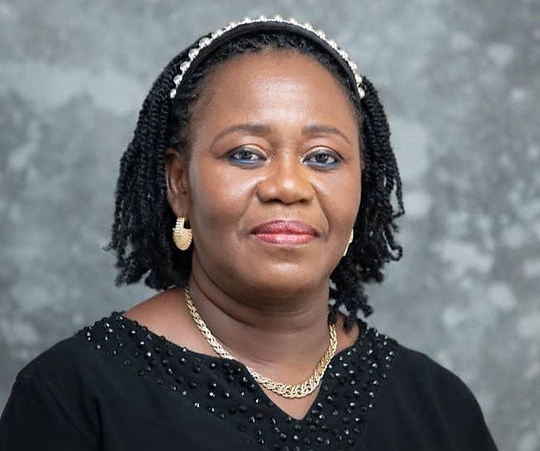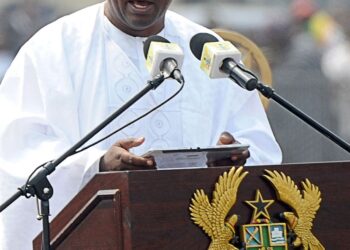Chief Justice Gertrude Araba Esaaba Sackey Torkornoo has strongly addressed her dismissal from office, speaking out during her official response to the petition filed by Daniel Ofori before the Article 146 Committee. In her statement, presented during the hearings and later released publicly, Justice Torkornoo challenged the allegations against her, criticized the conduct of the proceedings, and highlighted the potential implications for judicial independence in Ghana. The following points summarize the key elements of her response:
Denial of Allegations
Justice Torkornoo denied claims of misappropriating GH¢261,890 of public funds for personal foreign travel, as well as other allegations of misconduct and incompetence. She stressed that the accusations were unfounded and politically motivated.
Criticism of the Proceedings
She described the removal process as a “mockery of justice,” stating that it violated her constitutional rights. She highlighted specific procedural irregularities, including the handling of evidence and the absence of proper notice, which she said undermined the fairness of the process.
Background of the Petition
The petition was filed by Ghanaian citizen Daniel Ofori, containing 21 allegations of misbehaviour and 4 allegations of incompetence. After reviewing the petition and evidence, the Article 146 Committee concluded that some grounds of misbehaviour had been established and recommended her removal. President John Dramani Mahama subsequently acted on the committee’s recommendation, removing her from office with immediate effect.
Impact on Judicial Independence
Justice Torkornoo warned that the case could set a dangerous precedent, potentially exposing other judges to arbitrary removal and weakening the independence of the judiciary. She emphasized that the integrity of Ghana’s justice system is at stake.
Potential Legal Remedies
Justice Torkornoo may challenge the ruling at the Supreme Court or seek other lawful remedies, citing breaches of due process and constitutional protections for judicial officers. Prof. Baffour Agyeman-Duah, a former Senior Governance Advisor to the United Nations and current CEO of the John A. Kufuor Foundation, expressed concern over the removal process. He stated, “The removal of the Chief Justice raises critical questions about the independence of the judiciary and the protection of judges under the constitution. Any challenge to this ruling will test the strength of Ghana’s legal framework in upholding judicial independence.”
As Ghanaians wait to see developments in the coming weeks, we will follow and report as events unfold.
By Julius Blay JABS






































